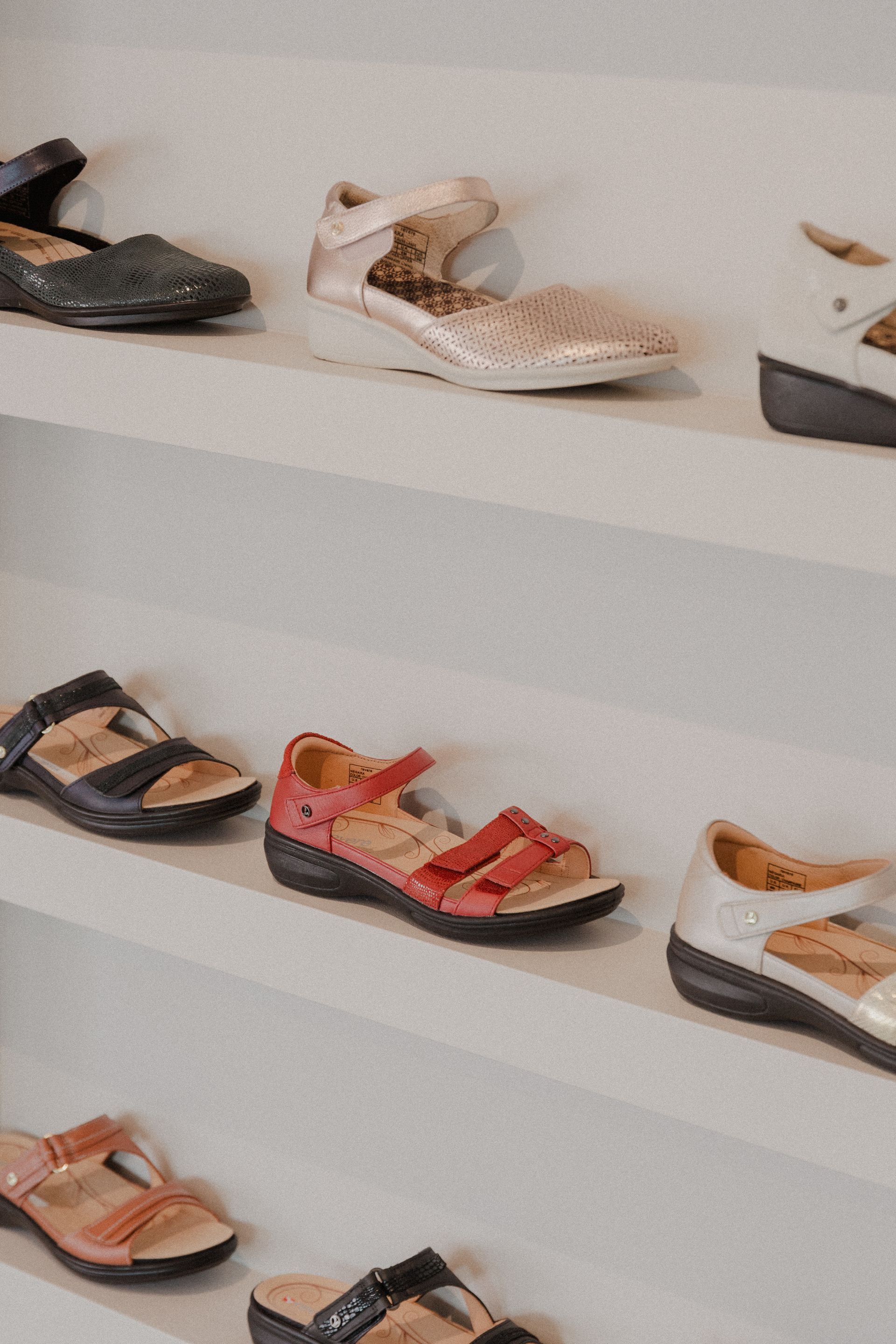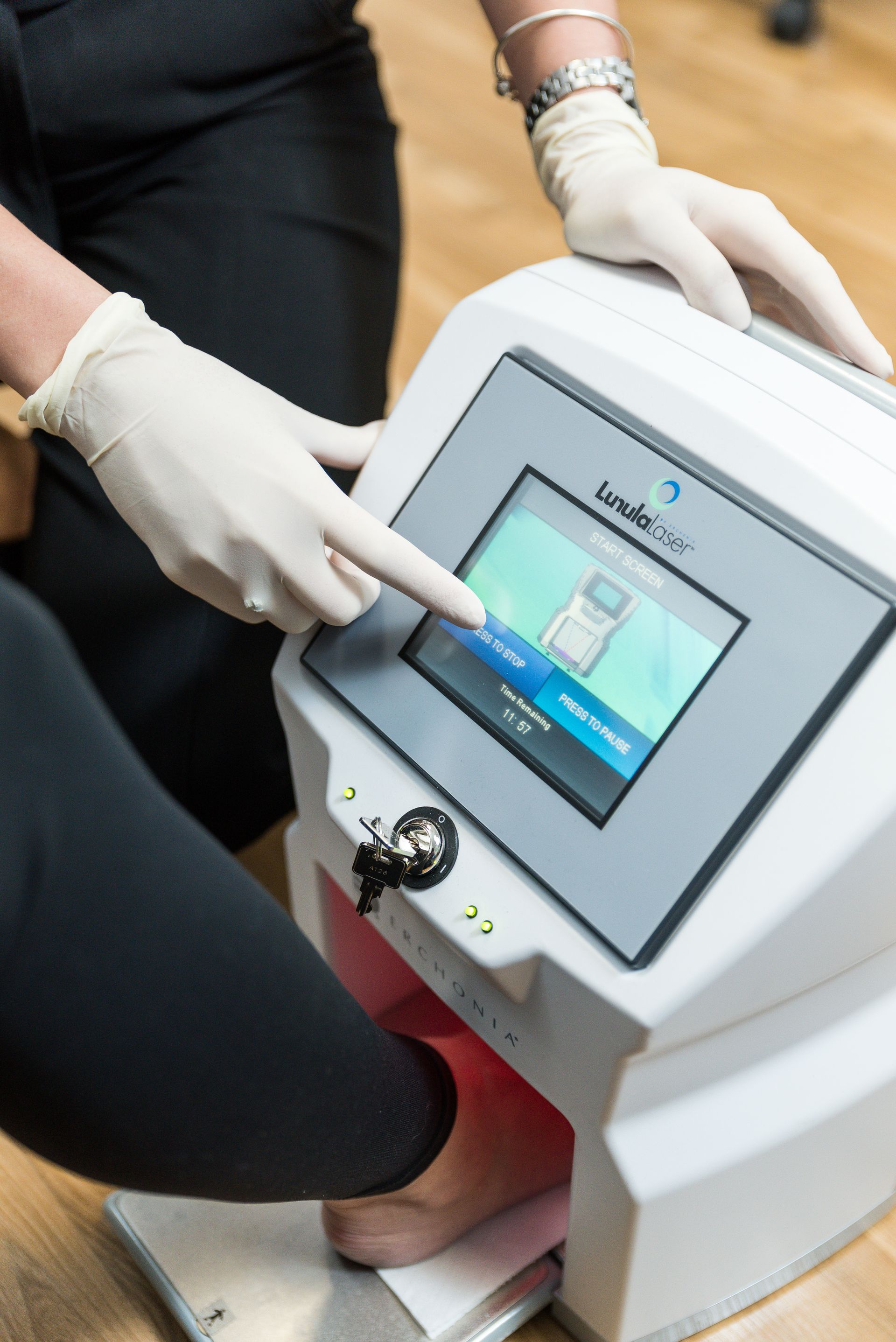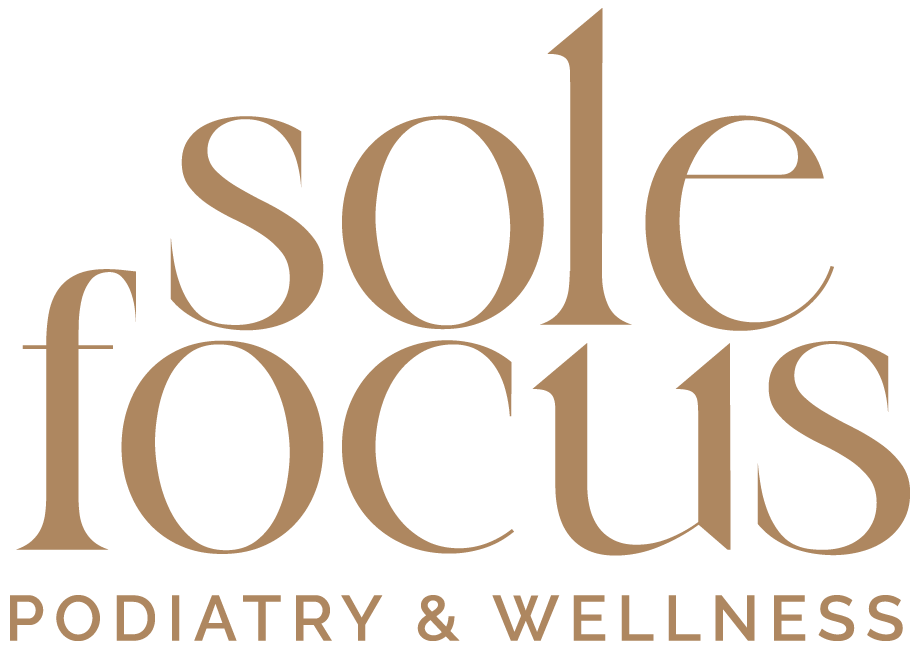Two feet away from a better golf game
You’ve finally done it! You bought the bought bag, the clubs, and the shoes, booked some lessons, and made sure you’ve purchased plenty of golf balls. But… something still isn’t right, and you can’t quite put your finger on it.
It may not surprise you, but you may have a positioning problem with your feet.
Your friends may have already mentioned this to you. They’ve said you’re standing too close to the ball or too far away, but this is not what I mean by foot positioning.
All golfers know the position of your feet will have an effect on your swing, which in turn will affect how the club head contacts the ball, resulting in your ball sailing straight down the fairway, commanding cheers from your golfing friends, or into the trees to your left or right, followed by a few laughs and someone yelling, ‘nice shot.’
What You Need to Know
Firstly, there are three basic foot types. Normal, Excessively Pronated (rolls inwards), and Excessively Supinated (rolls outwards).
Next, as you swing to hit the ball, your body weight is transferred from the back foot onto the front foot. So, if you’re right-handed, your body weight will move from the right foot to the left foot.
Therefore, if your feet tend to roll inwards or outwards too much, this will affect your golf swing, and it can be a common cause of hooking or slicing the ball.
How can a Podiatrist help?
A podiatrist can evaluate your foot and lower limb biomechanics and determine if an underlying foot abnormality exists.
Treatment may involve correct footwear advice or simple stretching and strengthening; however, if a foot problem is identified, you may require an orthotic device or arch support for your feet to control abnormal movement while allowing a normal motion to occur.
If an underlying foot problem does exist, it can affect your golf swing and cause other symptoms in your hips, lower back, and neck, especially if you are doing a lot of walking on the golf course or forced to stand for prolonged periods at work.
Golf Should Be Fun, Not Painful
Although sometimes frustrating, golf should be an enjoyable activity, but it should never be painful.
If you find you have sore feet, legs, and upper body after playing a round of golf, first assess the quality of your shoes. Make sure they are not excessively worn in any one area.
If they are old, replace them, but if that does not resolve your discomfort, it’s time to visit a podiatrist.
Our experienced podiatrists are here to make your feet an asset, not a liability to your golf game.
This article was written by our Podiatrist, Ryan. To book an appointment with Ryan, click here.






